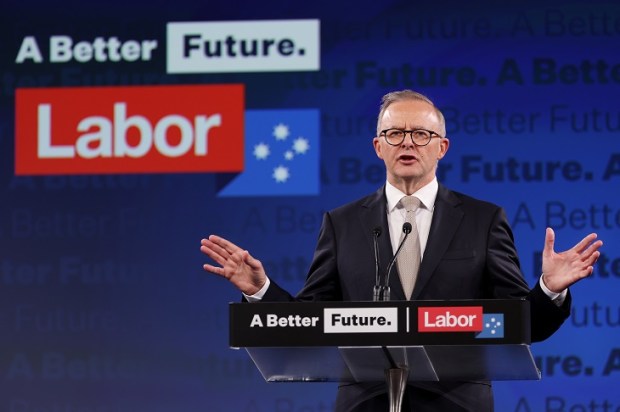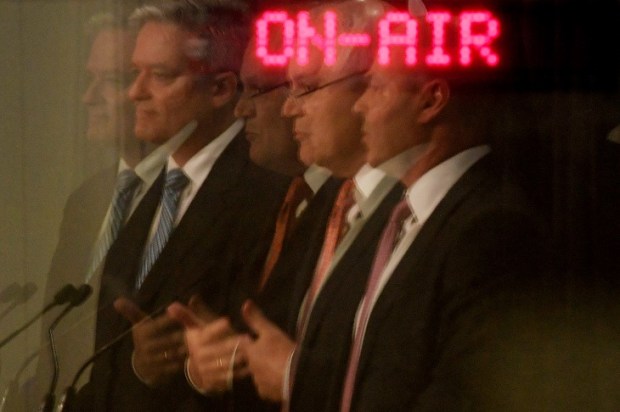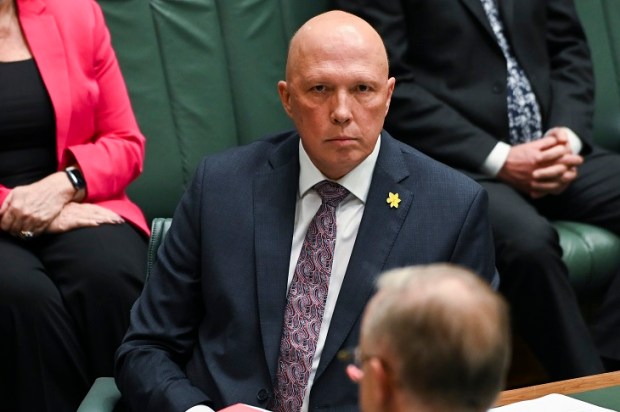Despite being an election promise, the Federal Treasurer, Dr Chalmers, appears to be setting the stage for the removal of the stage 3 tax cuts. If the Albanese government proceeds with removing them, the decision will be a clear signal that the government doesn’t possess the necessary courage to handle the turbulent times ahead.
It would also suggest that the government hasn’t considered the second-order consequences of the decision, or, at the very least, they have but have given them insufficient weight.
In light of the widening social and economic gaps in Australia, not standing by a repeated election promise to keep the stage 3 tax cuts sets a concerning precedent. Moreover, such a decision would indicate the government’s tendency to do what’s in the Labor Party’s (perceived) best interest, as opposed to the country’s.
The populist calls for the tax cuts to be eliminated has framed the issue in overly simplistic terms: a choice between supporting the rich or the poor. This couldn’t be further from the truth.
First of all, this ignores the fact that the stage 1 and 2 tax cuts were directed at lower income-earners. Separating out stage 3 and then portraying it in zero-sum terms is just exploiting the average voter’s short-sightedness.
By caving into these demands, thereby validating their argument, the government encourages even more short-sightedness, which makes long-term government planning more difficult.
There are probably better reasons for keeping the tax cuts then there was for their introduction in the first place. None of which concern helping the rich over the poor. Neither does it represent some symbiotic relationship between high-income earners and the government.
The first reason is that the government could have used the conversation around the desirability of the stage 3 cuts as an impetus for broader tax reform to raise productivity and investment levels. The discussion could have instead centred around the benefits of reducing economically stifling taxes, such as personal and company income tax and replacing them with higher taxes on consumption.
This would have been a politically difficult thing to do, especially given the fact the Australian populous is being conditioned to only respond to hyperbolic sound bites, instead of well-reasoned thought.
However, instigating such a conversation would have demonstrated an immense amount of political courage – something those who presently occupy both sides of the aisle ostensibly lack. Fair dinkum, it might’ve even caused me to reconsider my voting preferences.
The second reason for keeping the cuts is that reneging on a repeated promise, least of all one concerning tax policy, will undermine investment certainty in Australia, which is something this country desperately needs.
Last, but certainly not least, is that breaking an election promise further undermines trust in the Westminster party system. That system operates on the basis that a vote for an individual MP is actually a proxy vote for the MP’s political party. That’s why the democratically consistent thing to do is for MPs to toe the party line.
However, the Westminster party system presumes the government has a mandate and will stick to it. Remove that premise and the system is no longer underpinned by democratic principles.
It’s a known fact that Albanese campaigned on very little, but keeping the tax cuts and governing with integrity were clearly policies and modes of operating he endorsed. If integrity still means doing what you say you will, then reversing the stage 3 tax cuts breaks both of these promises.
At the very least, it would also be an extremely hypocritical move given Albanese’s rhetoric around the undermining of democratic conventions caused by Morrison’s ministerial power grab.
Dr Chalmers will likely avoid the mandate issue by saying that as the facts change, the government’s policies must also change. But that wouldn’t be quite true. The current budget conditions and economic outlook haven’t changed one iota since the election campaign. All that has changed is Dr Chalmer’s messaging around it.
It would, instead, be correct to say that as the perceived public opinion changes, so does the Albanese government’s. Dr Chalmers would be wise, in this respect, to heed the advice of Margaret Thatcher, who said, ‘Don’t follow the crowd, let the crowd follow you.’
Due to worsening domestic and global economic conditions, and an increase in geopolitical risks, there are undoubtedly difficult times ahead for Australia. Such times require leaders with conviction and courage. Let’s just hope that Dr Chalmers possesses some of these qualities, rather than merely blow with the slightest of winds.

























